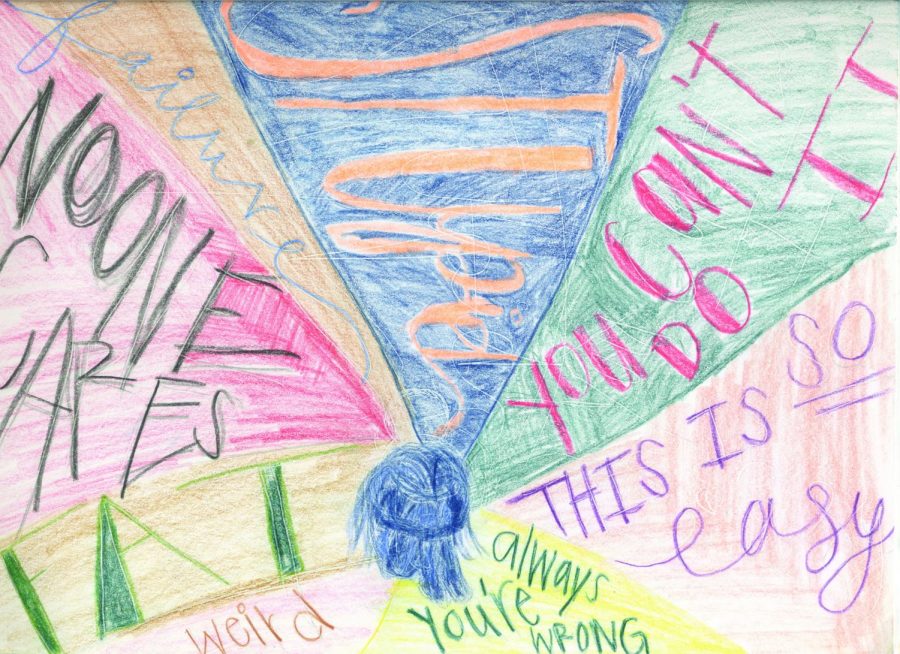Language holds often understated power
“Sticks and stones may break my bones, but words can never hurt me.”
On its face, this simple aphorism is obviously true. No spoken language can cause any sort of physical trauma. You won’t lose a leg or suffer a concussion because somebody said something mean to you — this we can all agree on.
However, what this philosophy fails to recognize is that words do hold sway over our world. And while they may not themselves break bones, they can inspire others to do so in their stead.
A process of normalization of abuse can occur when derogatory language receives repeated use. Soon the occasional offensive remark can come to reflect more than just humor or irony but a real acceptance of harmful rhetoric.
This is not to say that every joke that’s slightly edgy will lead one to become an accomplice in bigotry; but rather, one ought to be mindful of the wider discourse one’s language occurs in. Because whether in an ironic and informal setting or dressed up academic veneer, harmful rhetoric ends up being more than just harmless discussion.
To quote philosopher and video essayist Oliver Thorn, “this is not Bertrand Russell and Ludwig Wittgenstein knocking back pints on the banks of the river in Cambridge and talking about philosophy. This is street philosophy, and it gets dirty because it’s life and death.”

Vince Orozco is THE Managing Editor for “The Tiger Print.” Vince’s skills include rapping and writing long essays that nobody reads. In school, he...




